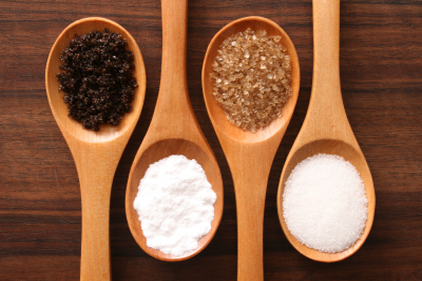Mercedes G. López, Ph.D., from the Biotechnology and Biochemistry Irapuato in Guanajuato, Mexico, and colleagues examined the effects of agavins on laboratory mice. One group of mice were fed a standard diet; others were given a standard diet plus water supplemented with either glucose, fructose, sucrose, agave syrup, agavins or aspartame.
The mice were weighed daily and had their glucose levels checked each week. At the end of the study, the mice that consumed agavins showed a reduction in blood glucose, appetite and weight, compared to the other sweetener groups.
Addressing the 247th National Meeting of the American Chemical Society (ACS), López explained that although agavins contain sugar fructose, the fructoses in agavins (fructans) do not affect blood sugar levels, as they are made of fructoses linked together in long, branched chains, which the human body cannot process.
As well as reducing glucose levels, agavins increase GLP-1, a hormone that slows the stomach from emptying, thus reducing hunger, and stimulates the production of insulin, the research finds.
While the agave plant is famous for its use in the production of tequila, López attempted to quell any concerns about the fermentation of agavins in the body, explaining that agavins are the only carbohydrates used to produce the alcoholic drink. The ethanol in tequila comes from the fermentation of glucose and fructose generated after agave pines are cooked. During cooking, the agavins are converted to ethanol and therefore are not present in the finished product.
Finally, unlike other artificial sweeteners, which are absorbed by the body and can cause side effects, agavins have no known side effects and are inexpensive, with the only downside being their lack of sweetness, the research team told the ACS meeting.
